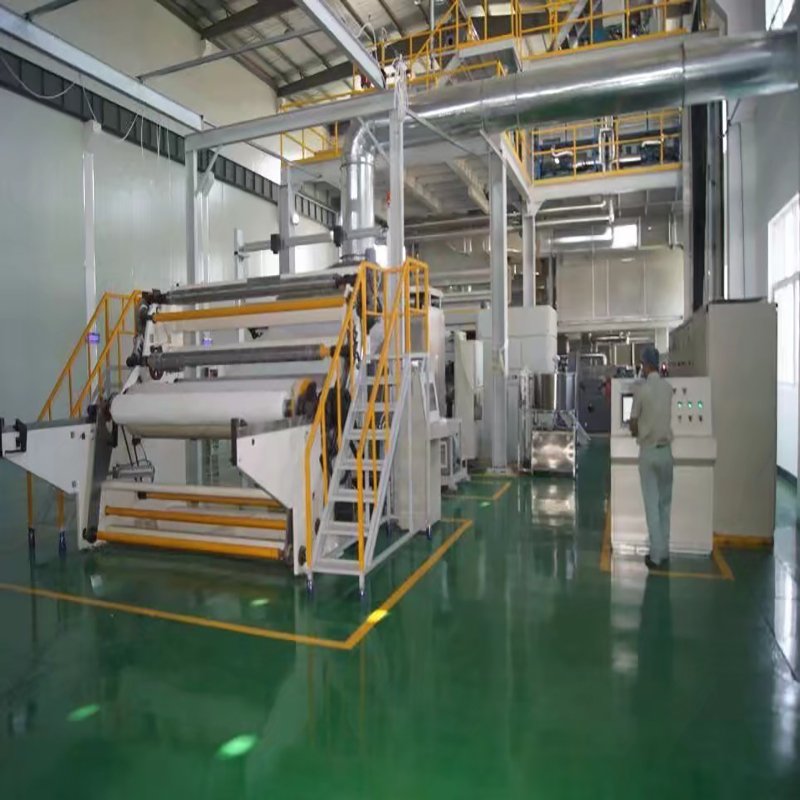The textile industry has seen significant advancements in recent years, with a growing focus on sustainable materials and production processes. Among these advancements, polipropileno (PÁGINAS) machines, spun bond non woven fabrics, y nonwoven machines have emerged as game-changers. This blog post will explore how these innovations are shaping the future of textiles and why they matter to both manufacturers and consumers.

PP Machines: A Sustainable Alternative
polipropileno (PÁGINAS) is a versatile and eco-friendly thermoplastic polymer that has gained popularity in the textile industry. PP machines produce nonwoven fabrics that are lightweight, durable, and recyclable. This makes them an attractive alternative to traditional materials, particularly in applications where environmental concerns are paramount.
PP machines use a melt-blown or spunbond process to create nonwoven fabrics. These processes involve melting the polymer and extruding it through fine nozzles to form thin fibers. The fibers are then collected on a conveyor belt or drum, where they bond together to create the nonwoven fabric.
Spun Bond Non Woven: A New Generation of Fabrics
Spun bond non woven fabrics are gaining traction as a sustainable and cost-effective alternative to traditional textiles. These fabrics are made from continuous filaments produced by the spun bond process, which results in a strong, uniform, and lightweight material. The unique properties of spun bond non woven fabrics make them ideal for a variety of applications, including:
Hygiene products like diapers and sanitary pads
Medical supplies, such as surgical gowns and face masks
Protective clothing, including coveralls and shoe covers
Automotive and construction materials, like insulation and soundproofing
Agricultura, for crop covers and weed control
Spun bond non woven materials also offer several environmental benefits. They are made from recyclable polypropylene and require less energy during production compared to traditional textiles. Además, their lightweight design reduces the overall carbon footprint associated with shipping and transportation.
Máquinas no tejidas: Innovation in Textile Production
Máquinas no tejidas are at the heart of the advancements in the nonwoven fabric industry. These machines employ advanced technology to produce high-quality nonwoven materials efficiently and cost-effectively. Máquinas no tejidas are designed to handle various processes, including:
- Spunbond: As mentioned earlier, this process creates continuous filament webs by extruding molten polymer through fine nozzles.
- Melt-blown: A similar process to spunbond, but with higher air pressure and smaller fibers, resulting in a more porous and absorbent fabric.
- Needle punching: This process mechanically entangles fibers using barbed needles to create a felt-like material.
- Hydroentanglement: Also known as spunlace, this method uses high-pressure water jets to entangle fibe
